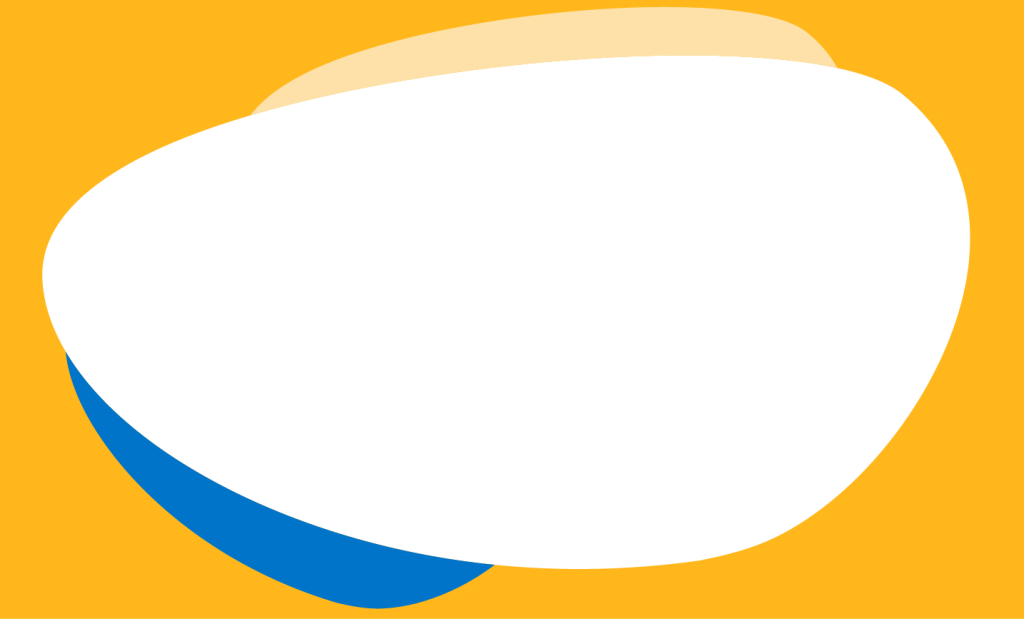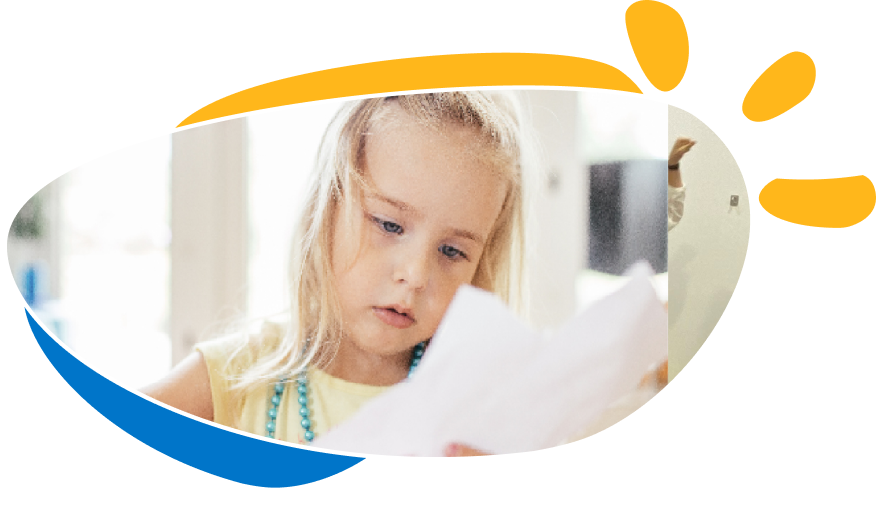
Occupational Therapy helps children and young adults engage in everyday activities and tasks demanded of them across all environments, and across all ages and stages of development.
Be it playing and interacting with friends, to being ready to learn and attend, to using skillful movement (e.g. writing, manipulating objects or running and jumping) to self care skill (e.g. hygiene, eating, sleeping, being organised), Occupational Therapy can help.
In essence, Occupational Therapy makes life easier for children and young adults, their parents, their teachers/carers and their family. At Kid Sense, we turn Worried into Wonderful, so children and young adults can be the best they can be and families can spend more time enjoying them and less time worrying.
Attend for long enough, concentrate on one thing at a time, control emotions and behave appropriately.
Learn everything…academically, socially, movement, in play, in self-care and self management (organisation).
Listening, talking and following instructions
Using sounds in words and talking smoothly
Connecting with others, making friends and conversation skills
Playing alone for solitary recreation, or in a group for social interaction
Kid Sense Occupational Therapy helps children and young adults overcome developmental challenges in movement, play, learning, attention and behaviour. At Kid Sense we don’t treat a diagnosis, we overcome the hurdles to daily life.
Pencil and scissor skills (colouring, drawing, writing), opening lunch bags, manipulating toothbrushes, tying shoelaces.
Running, jumping, swimming, bike riding ball skills, posture at the table.
Sensory reactions within the body or in response to environmental stimulus which impacts attention, concentration, behaviour, emotional control play, and learning.
Mental skills that allow learning mastery learning including skills such as working memory, flexible thinking, multi-taking and self-control of concentration and attention.
Accurately interpreting visual information that helps skills such as literacy (reading, writing), puzzles, worksheets, finding a specific item against a busy background.
Daily life skills, such as dressing, toileting, hygiene, eating and sleeping.
General organisation, keeping track of personal items, understanding time, using money and following bus schedules.
* Different skills are required at different ages and stages of education.

Occupational Therapy helps children and young adults develop the everyday skills needed across their many environments (child care, preschool, school, swim class, sports practice, employment). In doing so, they work closely with the child/young adult, their family, their friends and their teachers/carers to implement strategies to support skill development, or to compensate for skills not yet acquired. Occupational Therapy makes life easier by developing the functional everyday life abilities.
Children’s (and young adults) many skills and abilities often develop entwined with others, so you can’t tease out one skill from another as they progress. Given the dynamic and interlocking nature of skills development and the ever-changing demands on children and young adults, many of their challenges in one area of skill development benefit from both Occupational Therapy and Speech Pathology. In fact, one often directly supports the other.
Some children and young adults benefit from doing both therapies simultaneously while others benefit from a term of Occupational Therapy followed by a term of Speech Pathology. Your child/young adult’s therapist can provide “best fit” recommendations for your child/young adult if and when Speech Pathology is also recommended.
Kid Sense provides both Occupational Therapy and Speech Pathology in clinics, in their home, and in schools (variable), ensuring children/young adults enjoy a truly integrated multi-disciplinary service.
Planning call (if required)
To determine your child's strengths and 'worries'
Initial treatment to commence intervention, strategies and support
Clinic based Tele-therapy Phone Home Community (Playground) School/Preschool/ Childcare
(ongoing at each appointment)
Review skills during reduced therapy frequency
Celebrate your child's 'wonderful'
Planning call (if required)
To determine your child's strengths and 'worries'
Initial treatment to commence intervention, strategies and support
Clinic based Tele-therapy Phone Home Community (Playground) School/Preschool/ Childcare
(ongoing at each appointment)
Review skills during reduced therapy frequency
Celebrate your child's 'wonderful'

We acknowledge the land on which we operate as the traditional lands of the Kaurna people, and pay our respects to the spiritual relationship with country that all Aboriginal and Torres Strait Islander peoples hold.
Kid Sense is founded on inclusion and the belief that everyone is welcome. All diversity is celebrated, encouraged, represented and supported in our staff, our clients, and our community. You are welcome here.